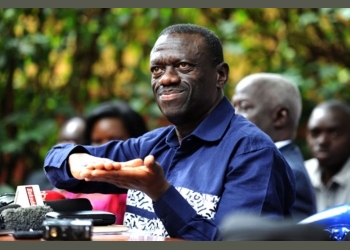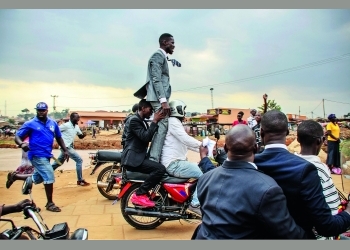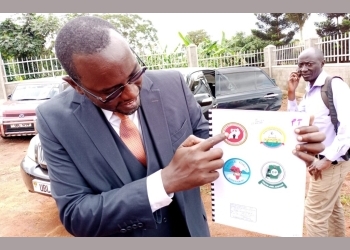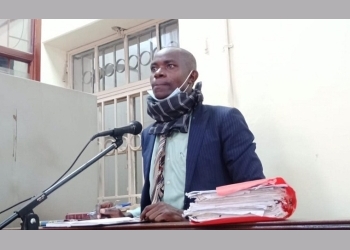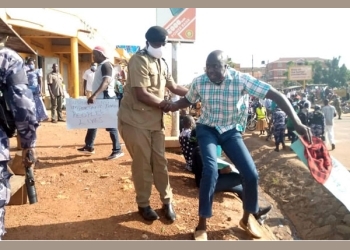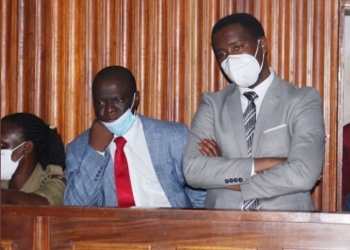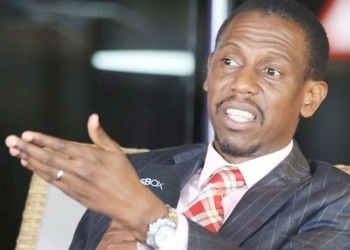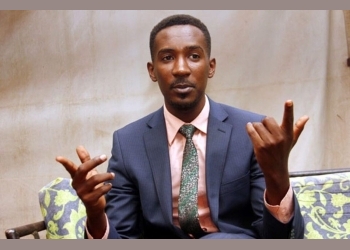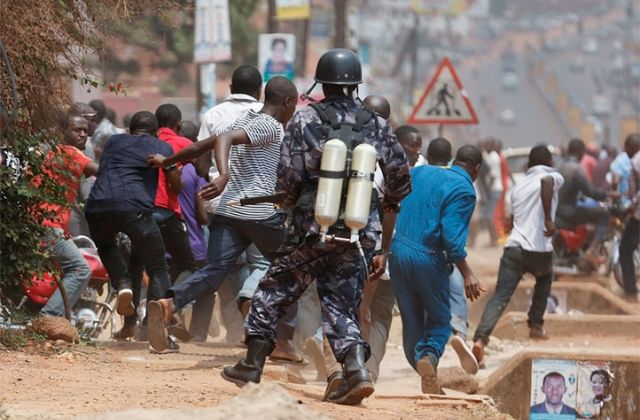
The police will soon unleash a new type of tear gas that will leave opposition demonstrators with a repulsive smell of human faeces, a senior officer has warned.
According to police spokesman Fred Enanga, the foul smell will linger on doused victims for a while, leaving them at risk of being shunned by other people. Enanga spoke on July 24 on Bilal FM radio station in Old Kampala. His warning comes after the police brutally beat up supporters of former FDC presidential candidate Kizza Besigye.
The brutality attracted a public outcry, leading to disciplinary proceedings against some officers. In the immediate aftermath of the beatings, police chief Kale Kayihura announced that police had dropped tear gas, itchy pepper spray, and live and rubber bullets, and resorted to batons and water cannons as the tools of choice for dispersing protestors. Now, though, there is a new type of tear gas on the way.
“We began with a few types of motor vehicle tear gas, which people complained of; we brought coloured tear gas to identify those involved in demonstrations, and when defiance persisted, we brought pepper spray which stings a person for 30 minutes. And now we have brought the poop spray. Someone will keep with that smell for some time,” Enanga said.
He argued that when Besigye was in court waiting for the ruling of his bail application recently, he was calm, but on coming out, he started mobilising his supporters for defiance.
“I doubt whether Besigye is the most popular person in Uganda. We have the Kabaka [Ronald] Muwenda Mutebi II. He has a lot of support from his people but he drives his convoy to a planned venue where he meets an audience bigger than that of Besigye. Have you seen policemen beating people following the Kabaka?” Enanga asked.
He also criticised community-based organisations (CBOs) for writing biased reports that carry leading questions such as “Do you like the police beatings?” or “is police brutality good?’
He said such CBOs are simply making their accountability to donors and, in the process, tarnishing police’s image. He did not spare journalists, whom he accused of “irresponsible and biased” reporting on police.
He cited a recent incident at Nakulabye where Besigye and some FDC officials parked their vehicles in the middle of the road.
“Journalists never reported this incident, just as they did not report people on tree tops who wanted to fall into moving vehicles at Kalerwe. Most journalist use drama to tarnish the police,” Enanga added.
He then explained the three steps that lead to either a police arrest, beating or shooting. Ideally, police first warns demonstrators using a megaphone. If people defy the warning, a policeman can use a baton to disable the demonstrator.
“We are trained to beat a defiant person only in specific places. Progressive force is the second level. Here, we are allowed to spray tear gas to disperse people. The third level of shooting is applied when an armed person tries to engage a policeman,” Enanga said.
Credit: Observer
